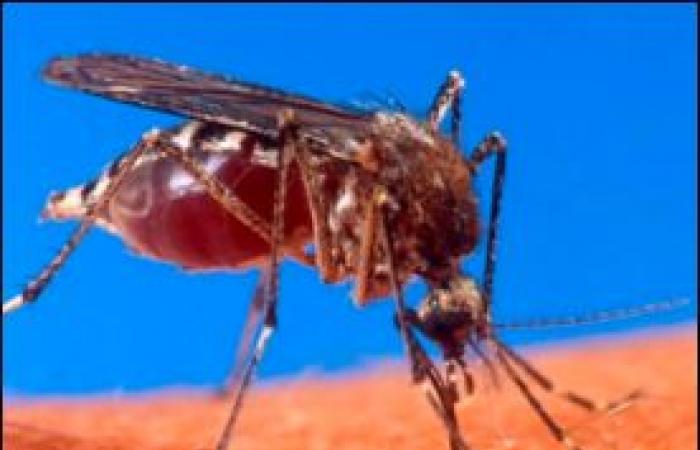40 deaths and more than 500 confirmed cases in border areas
Timiaouine and Tinzaouatine, the epicenter of diphtheria and malaria
The appearance of the diphtheria and malaria epidemic in the border areas of the Great South of the country has caused, until yesterday Monday, a toll of 40 deaths and 536 confirmed cases, this is what revealed yesterday the president of the National Health Security Agency (ANSS), in this case Professor Kamel Senhadji, during a statement made on Channel III of the National Radio. A heavy toll, the extreme borders of the country connecting with neighboring sub-Saharan countries, Niger and Mali, are on alert because of the appearance of the diphtheria and malaria epidemic which killed, until yesterday Monday, 40 people and caused more than 500 confirmed cases.
Invited yesterday to the program ”L’Invité du jour” on Channel III of Algerian Radio, Professor Kamel Senhadji declared that most of the deaths and other cases observed from the diphtheria and malaria epidemic, were recorded at the edge of the Algerian border areas, notably in Timiaouine (Bordj Badji Mokhtar) at the edge of the borders with Mali and Tinzaouatine (In-Guezzam) adjoining the borders with Niger.
“In Tinzaouatine, the diphtheria epidemic has caused a total of 115 cases since September 28, including 27 deaths recorded in Tinzaouatine and a single case in In-Guezzam, while in the wilaya of Bordj Badji-Mokhtar, 12 deaths caused by malaria were recorded, while in the wilaya of Tamanrasset, the situation is much safer and under control, where only one to two cases of diphtheria are reported per day,” said the president of the National Agency. health safety.
Better explaining the epidemiological situation which now prevails in the border wilayas which are affected by the appearance of diphtheria and malaria, and further developing the reasons for this unprecedented epidemiological landing in the Algerian border areas, Professor Senhadji was explicit yesterday on National Radio. As a professional and connoisseur of epidemiological life, the head of the Anss indicated that “this epidemic is synchronized with the appearance of malaria which spread during this favorable period marked by the last rains having caused stagnant water and the emergence of mosquitoes in the desert, knowing that diphtheria is a contagious disease, while malaria is not a contagious pathology, but transmitted by mosquitoes”, observed the guest of Channel III. Speaking of malaria, the National Radio host reported 421 cases recorded since the end of last August, “the majority of which are reported in Tinzaouatine, in the wilaya of In-Guezzam where 200 cases were recorded,” he revealed. As for the wilaya of Tamanrasset, the epidemic of diphtheria and malaria were much less active. “Only one to two cases of diphtheria are reported per day,” said Professor Senhadji while pointing out that “the hospital infrastructure and the highly qualified human resources working in Tamanrasset take care of patients in real time,” he said. he mentioned. On the logistical level, the guest from Channel III estimated that “all areas affected by diseases benefit from a regular supply of vaccines and drugs, with a therapeutic protocol in accordance with the recommendations of the World Health Organization (WHO),” said Professor Senhadji, while emphasizing that “the prevention and patient care effort is thus based on international standards, guaranteeing optimal protection of local populations. This dates back to 1962 and Algeria’s efforts have been praised by the WHO,” he recalled. Better, the head of the National Health Security Agency declared that in terms of health security and prevention, Algeria is ahead of many countries, “the health system of certain neighboring countries is not necessarily developed like ours , where the vaccination coverage rate is close to or exceeds 80% of the populations,” he recalled.
However, Professor Senhadji did not hide his fear of a possible spread of diphtheria and malaria in the most distant wilayas of the Great South.
“The problem arises in the new wilayas of the Great South and further afield which do not yet have large hospital structures. Their structures are under attack and are saturated,” he explained.
Sofiane Abi






